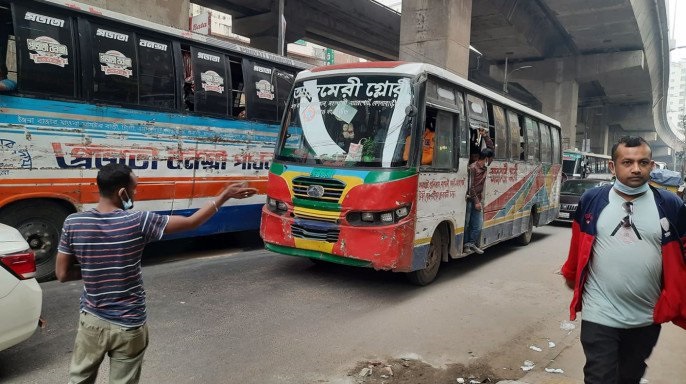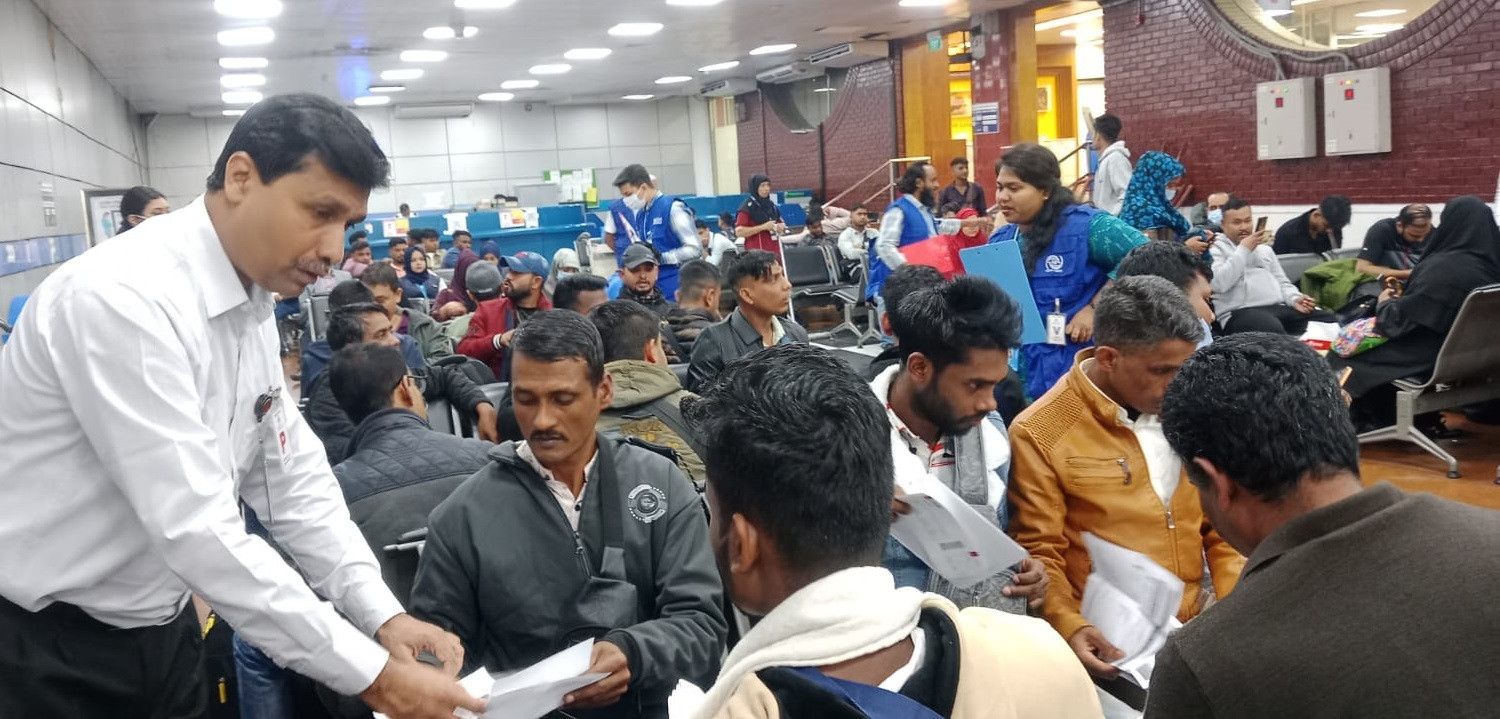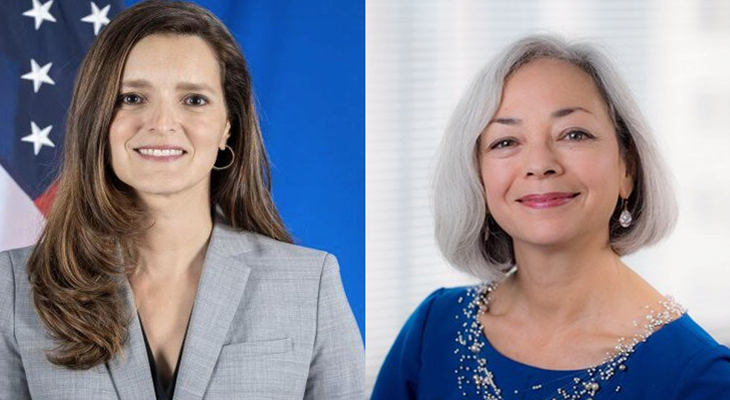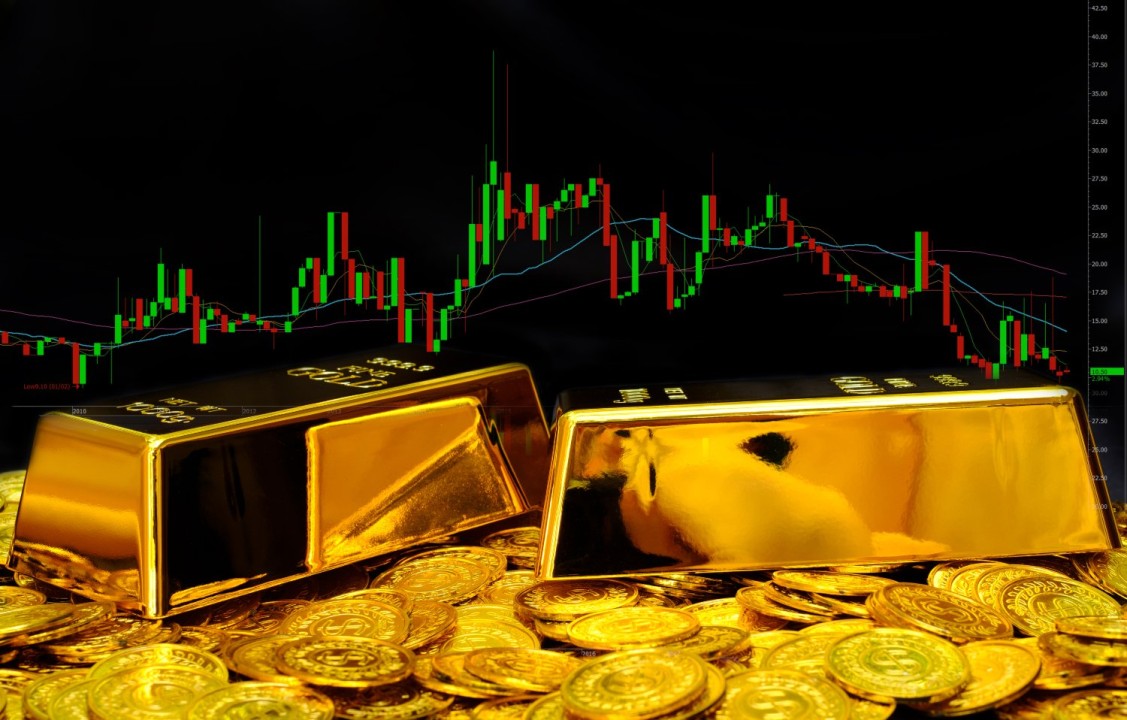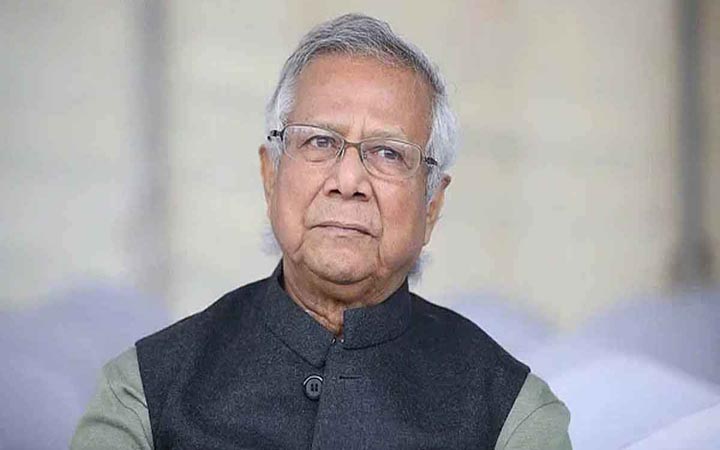Bangladesh Road Transport Authority (BRTA) has increased the fare for long-haul buses by 22%.
The intra-city bus fares in Dhaka and Chattogram metropolitans have been hiked by 16%, said BRTA Chairman Nur Mohammad Mazumder after a closed-door meeting with bus owners at the BRTA office in Banani on Saturday.
As per the new fare, passengers will have to pay Tk2.50 per km in riding city buses and for long-haul buses Tk2.20 per km.
"However, the lowest rate for intra-city buses will remain the same at Tk10," said the BRTA chairman.
At present, the fare is Tk1.80 per kilometre for long-distance buses and Tk2.15 per km on intra-city buses.
The bus owners, however, sought to increase the fare by 30%, citing the spike in mechanical parts prices due to the Ukraine-Russia war.
The government on Friday increased fuel oil prices by 42.5% to 51.6%, the highest in 20 years, dealing a big blow to people already overwhelmed by skyrocketing prices of essential goods amid record inflation.
The Energy and Mineral Resources Division hiked diesel and kerosene prices by Tk34 per litre to Tk114 and octane and petrol prices by Tk46 per litre to Tk135 and Tk130, respectively.
Prices of diesel and kerosene were increased by Tk15 last November and fixed at Tk80 per litre. After the hike in diesel prices, bus fare was hiked by around 27%, launch fares were hiked by 35%.
In less than a year, the bus owners want to raise the fares again by 30%, putting the total increase over 50% of the previous rate.
The government announced the hike when oil prices in the international market are on a downward trend. Brent crude price on Friday was $95.50/barrel. It had gone as high as $129/barrel several weeks back.
Sources at the Energy and Mineral Resources Division and Bangladesh Petroleum Corporation (BPC) said the latest price hike is the highest since 2001.
The previous highest diesel price hike was by 37.5% on 27 October 2008; the new hike broke that record as the price went up by 42.5% and that of octane by 51.6%.
Diesel is the most consumed fuel in the country, accounting for around 73% of the country's total fuel consumption.
The price hike of this fuel by 42.5% might have a disastrous impact on the transport and daily essential products as happened last November when the government increased the diesel price by 23.8%, said traders and industry people.


